Crypto Trends in the Champions League in 2024

The UEFA Champions League is one of the biggest football events that’s been around for over half a century.
1 year ago
With millions of eyes watching this event every year, a collaboration with crypto organizations is a huge deal for the evergrowing blockchain market.
Many of the Champions League clubs accepted numerous crypto sponsors from names like Coinbase, Crypto.com, and Sorare. As the world familiarizes itself with cryptocurrencies, the huge sports industry and its fans are following the trend as well.
In 2022, the Union of European Football Associations (UEFA) almost signed a €428 million sponsorship deal with Crypto.com over five seasons. However, the deal fell through at the last minute because the organizers were concerned about crypto regulations.
An exclusive Sport Business report pointed out that this was going to be one of the largest sponsorships UEFA had at that time for the Champions League.
While Crypto.com failed to secure this sponsorship, the company was featured as the official sponsor of the 2022 World Cup in Qatar. This was likely possible because of the location of the biggest football event, while the Champions League had questions about regulations in territories like the UK, Italy, and France.
Now, the Champions League has opened its arms to new crypto sponsorships and took offers up until March 20 for the 2024-27 Champions League cycle.
An interesting report by YouGov says that UEFA Champions League fans are more receptive to crypto than other sports fans in the UK. In fact, they are more interested in the crypto sphere than the population itself.
What’s even more interesting is that 14% of Champions League fans are willing to give up their bank account for crypto, which only 9% of all British sports fans agree with.
These figures tell us that Champions League followers are more knowledgeable of crypto, are more interested in using it in their daily lives, and think that it has a solid future. That’s why it makes sense why UEFA is now more open to crypto sponsorships compared to the past when they had to back out of a huge deal.
Younger fans of the Champions League are more interested in online sports bets with crypto rather than fiat currency.
After Paris Saint-Germain’s victory against Barcelona in the quarterfinal of the UEFA Champions League, the club’s fan tokens jumped 25%. These tokens are created using blockchain technology, and they are a new way for fans to support and get benefits from the clubs.
The fan tokens are digital assets that allow fans to purchase tickets, participate in the community in unique ways, vote on club matters, and enjoy discounts on merchandise. While it appears similar to other cryptocurrencies like Bitcoin or Ethereum, the value of fan tokens derives from their will to engage with their favorite teams.
The price mechanism for these fan tokens is generally set by demand-supply dynamics and is subject to change depending on market conditions and the token's current popularity. Fan tokens, which function similarly to football club stocks, mirror the ebb and flow of stock prices.
The volatility of fan tokens may frequently surpass that of regular stocks, resulting in large returns for crypto investors. The fluctuation in token values is consistent with larger patterns in the cryptocurrency market: a good market sentiment often boosts football club tokens, while a downturn has the reverse impact.
Many of the Champions League clubs accepted numerous crypto sponsors from names like Coinbase, Crypto.com, and Sorare. As the world familiarizes itself with cryptocurrencies, the huge sports industry and its fans are following the trend as well.
In 2022, the Union of European Football Associations (UEFA) almost signed a €428 million sponsorship deal with Crypto.com over five seasons. However, the deal fell through at the last minute because the organizers were concerned about crypto regulations.
An exclusive Sport Business report pointed out that this was going to be one of the largest sponsorships UEFA had at that time for the Champions League.
While Crypto.com failed to secure this sponsorship, the company was featured as the official sponsor of the 2022 World Cup in Qatar. This was likely possible because of the location of the biggest football event, while the Champions League had questions about regulations in territories like the UK, Italy, and France.
Now, the Champions League has opened its arms to new crypto sponsorships and took offers up until March 20 for the 2024-27 Champions League cycle.
An interesting report by YouGov says that UEFA Champions League fans are more receptive to crypto than other sports fans in the UK. In fact, they are more interested in the crypto sphere than the population itself.
What’s even more interesting is that 14% of Champions League fans are willing to give up their bank account for crypto, which only 9% of all British sports fans agree with.
These figures tell us that Champions League followers are more knowledgeable of crypto, are more interested in using it in their daily lives, and think that it has a solid future. That’s why it makes sense why UEFA is now more open to crypto sponsorships compared to the past when they had to back out of a huge deal.
Younger fans of the Champions League are more interested in online sports bets with crypto rather than fiat currency.
After Paris Saint-Germain’s victory against Barcelona in the quarterfinal of the UEFA Champions League, the club’s fan tokens jumped 25%. These tokens are created using blockchain technology, and they are a new way for fans to support and get benefits from the clubs.
The fan tokens are digital assets that allow fans to purchase tickets, participate in the community in unique ways, vote on club matters, and enjoy discounts on merchandise. While it appears similar to other cryptocurrencies like Bitcoin or Ethereum, the value of fan tokens derives from their will to engage with their favorite teams.
The price mechanism for these fan tokens is generally set by demand-supply dynamics and is subject to change depending on market conditions and the token's current popularity. Fan tokens, which function similarly to football club stocks, mirror the ebb and flow of stock prices.
The volatility of fan tokens may frequently surpass that of regular stocks, resulting in large returns for crypto investors. The fluctuation in token values is consistent with larger patterns in the cryptocurrency market: a good market sentiment often boosts football club tokens, while a downturn has the reverse impact.

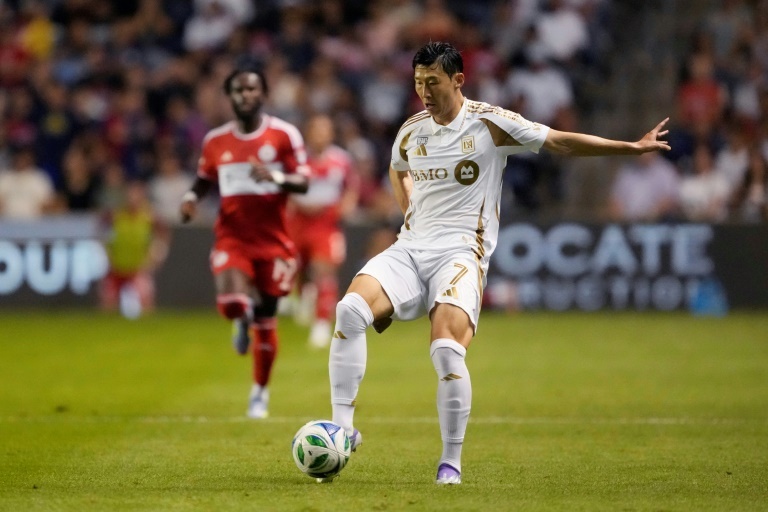
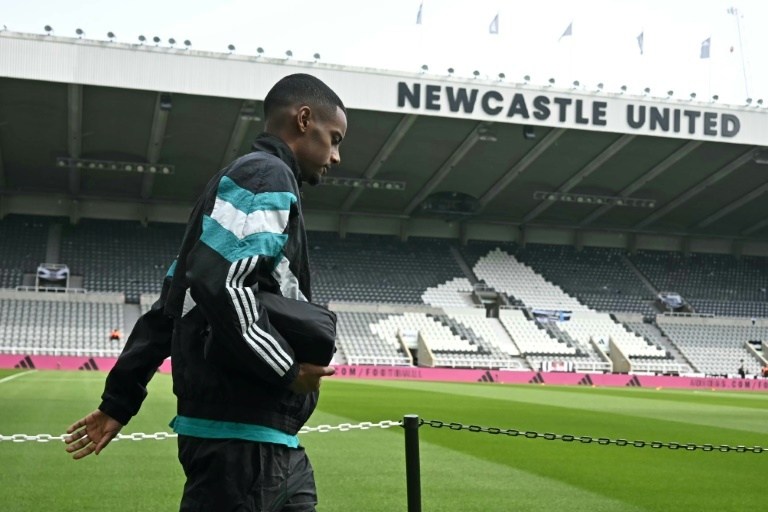
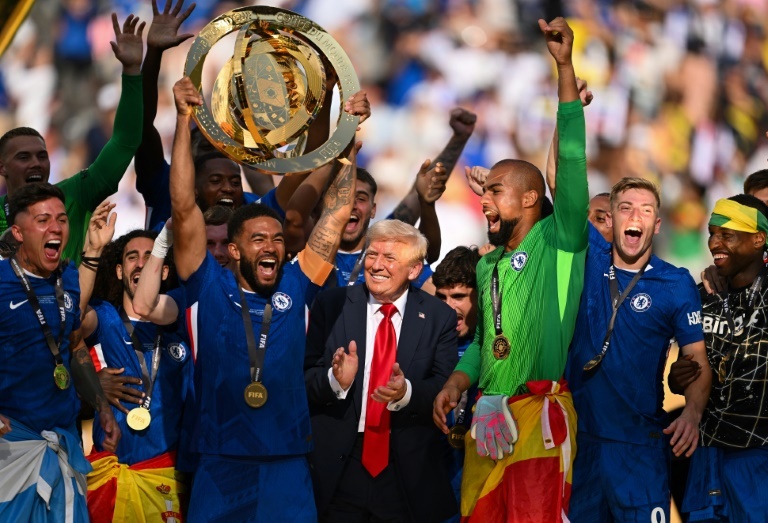
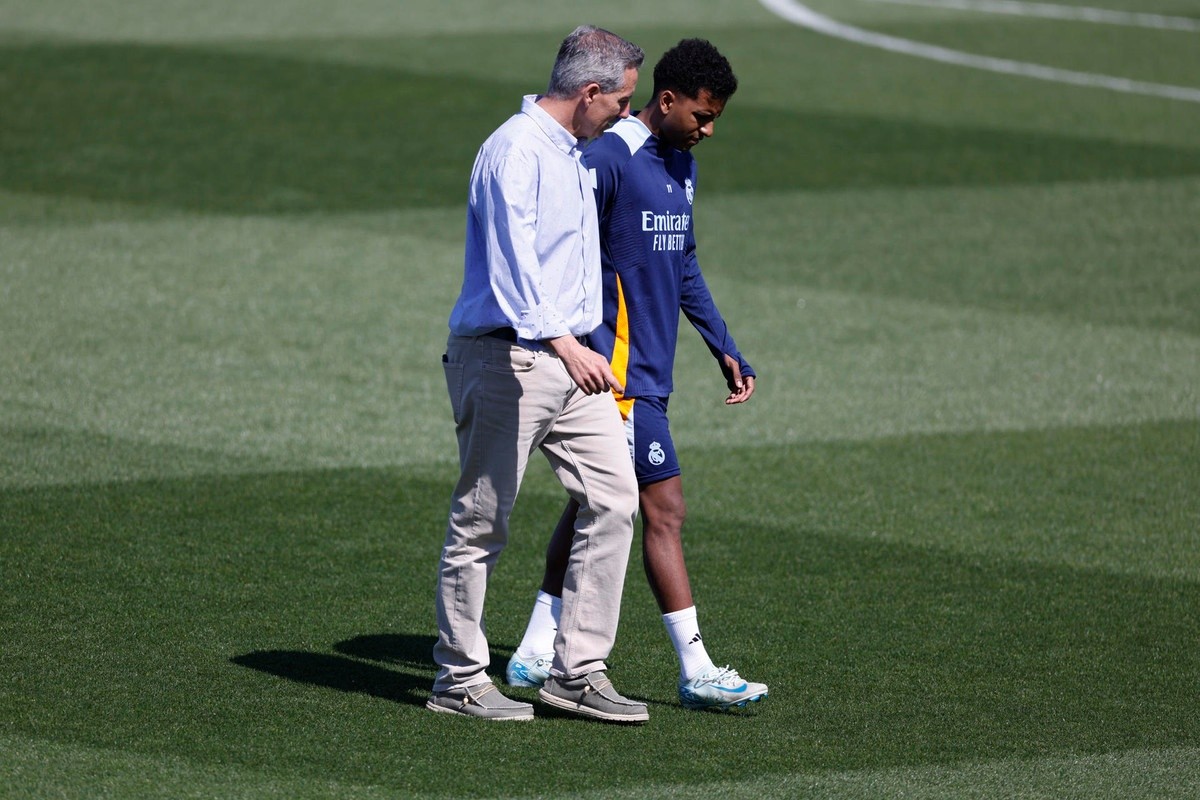
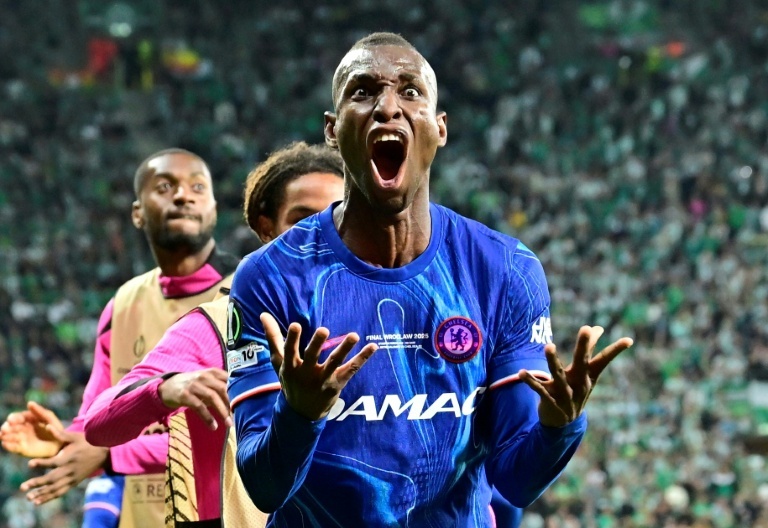

Comments